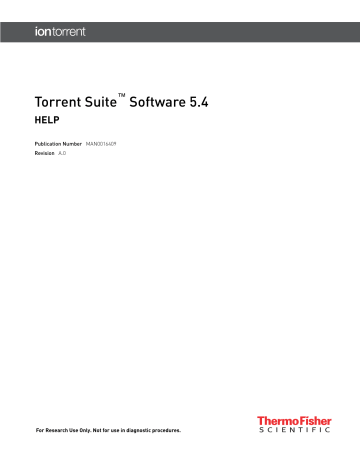
The central scene, though, and what triggers the drama in the middle of the film is the tremendous settlement between Tracy and the governor, E.G.Marshall, whom Tracy made a governor and reminds him of, but that doesn't help. Robert Wagner is almost as good as Richard Widmark and Spencer Tracy, while only Jean Peters falls a little behind.

Joe is more complex as the youngest brother, son of an Indian woman and not of the mother of the others, and he is constantly brooding and has reasons enough for it. Richard Widmark as the oldest son who has been misused all his life by his father is actually the villain, but you must understand him and you can't really judge him, just as Joe can't either. It's a family drama and more like a Greek tragedy than anything else, though masked as something of regular western, but the characters go much deeper than what they show. But what a long and grand fall, and how great it makes this character! It could really be described as a Lear of the Western. He has already been introduced on a portrait at the governor's, an imposing self-glorious portrait that boasts his mightiness, which is torn away from him shred by shred during the course of the film by his own fallibility.

It takes some time before Spencer Tracy makes his entry, and when he does you are well prepared. The other great symbolism is indicated by the title, the broken lance, which isn't explained until in the end but is actually the major theme of the film: the racism problem between whites, Indians and Mexicans.

It will come back for two more appearances, once when one of the duller boys tries to shoot it, averted by Joe, and to conclude the film with a proper exit. What on earth is the meaning of that lonely dog running across the desert in the very opening scene? Don't worry. Reviewed by clanciai 10 / 10 Epic family drama about pride, racism, injustice and the problem of being right without getting it.


 0 kommentar(er)
0 kommentar(er)
